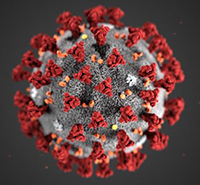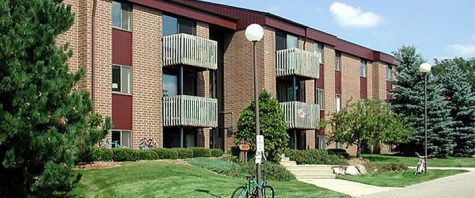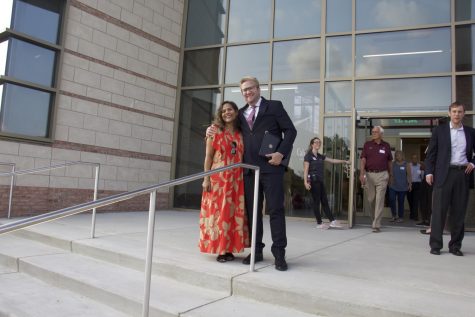Holiday travel COVID precautions necessary when returning home, visiting family

Calvin is “not able to accommodate screening requests for asymptomatic students and those who simply want peace of mind,” says Sarah Visser.
Traveling during the holidays is complicated enough with avoiding traffic and booking cheap tickets, but this year, college students also have to take necessary COVID precautions into account.
When asked, a majority of Calvin students said that they would be traveling home alone in a car and would quarantine in some way before interacting with family at home. Few reported that they would be carpooling. Of those who were not planning on quarantining, some said that their family is already part of their “pod” or that they would be getting tested before interacting with others.
Unfortunately, Calvin is “not able to accommodate screening requests for asymptomatic students and those who simply want peace of mind,” as Sarah Visser stated in the last COVID response email. On its website, the CDC also reminds people that quarantining is essential because a COVID test will not show a positive for an asymptomatic person unless it is taken in the two days before symptoms show up.
Kristen Alford, Calvin’s public health program director and one of the leaders of the contact tracing team, had some tips for Calvin students traveling home for the holidays, regardless of their method of travel.
In an interview with Chimes, Alford encouraged students going out of state to check their state’s hot spot list. If Michigan is on it, students will have to complete a two week quarantine period before interacting with others. The CDC encourages people to look at the cases where they are going and take extra precautions if the cases are higher where they are going for the holidays, in order to not spread the virus upon return.
Before traveling home, students should complete a self-imposed quarantine. Alford said, “If you’re planning on seeing family you should be self-quarantining… don’t think it’s cool to just get in your car, travel home, and then the next day have turkey with your family.”
Alford is most concerned about students carpooling home with others who are outside of their “pod.” She advises that students in this situation take precautions such as wearing masks the whole time, opening windows if possible, and sitting in different parts of the car. However, because it is not possible to sit 6 feet away in a car, traveling in a car carries a high risk of transmission.
For airline travel, the CDC advises taking all the typical precautions such as wearing a mask, staying six feet from others when possible, and using hand sanitizer that is more than 60% alcohol. Viruses do not spread easily while on the flight because of how air circulates and is filtered on airplanes, but security lines and crowded flights can increase risks.
Once home, Alford said, “It’s nice to lay off on a lot of the activities that you would normally do and find creative ways to do them, to be close but not physically close.” With COVID precautions in place, it is very possible to have a Thanksgiving celebration that is both safe and enjoyable.







